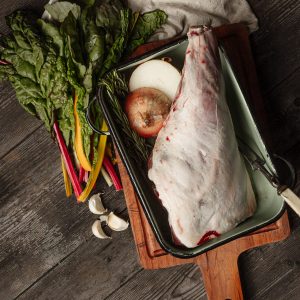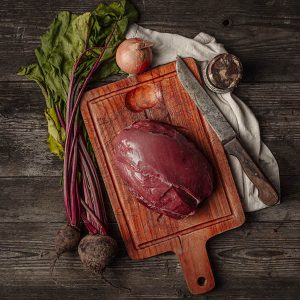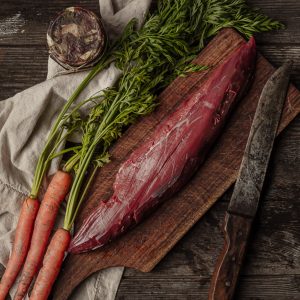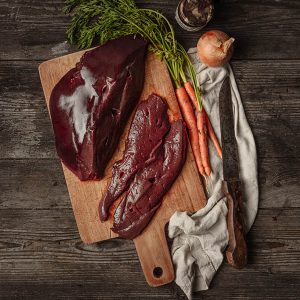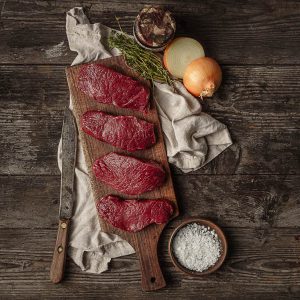Ancient Orchards – The Revival
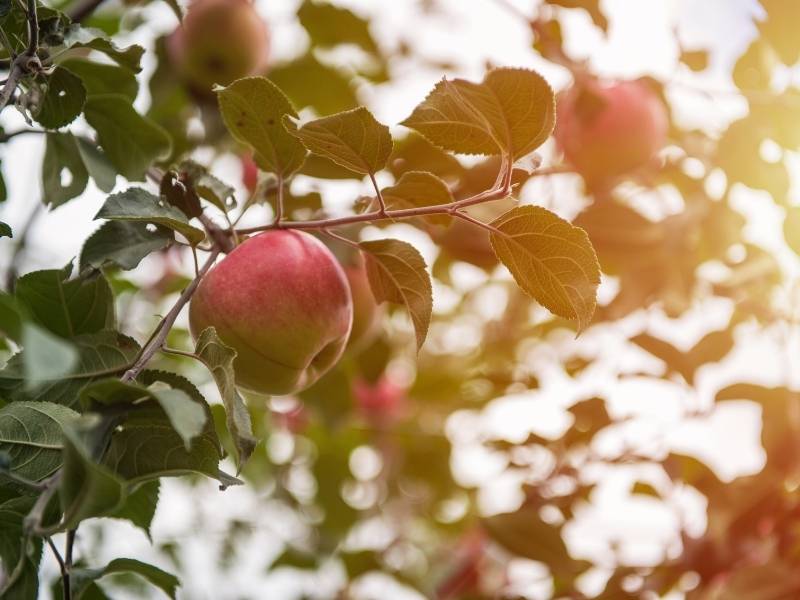
We often talk about the wonderful wildflower meadows that Farm Wilder's farmers protect, but there’s another endangered farmland habitat that is less well known, and once lost takes even longer to restore: orchards. Over the last 100 years there has been a drastic decline in orchards throughout England and Wales, with the National Trust estimating the numbers have halved. The southwest has seen the largest change, losing over 24,000 hectares, an area twice the size of Bristol. Some have been lost under housing developments, others have been replaced by more profitable crops, and many have simply died of neglect.
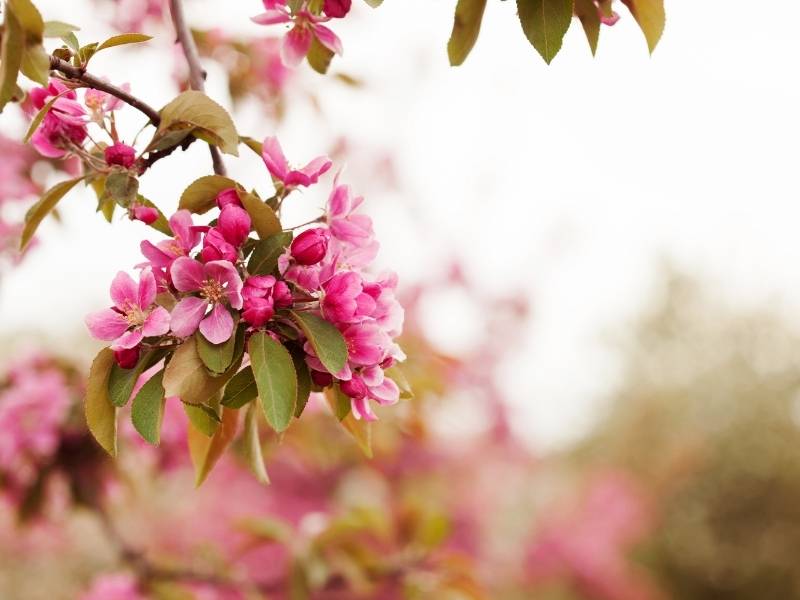
Orchards are incredibly beautiful, whether laden with spring blossoms or autumn fruits, so fewer orchards have a visual impact on our countryside. Their loss also deprives wildlife of a valuable nectar source in early spring. Apple trees are especially important because they blossom before many wildflowers, helping bees get off to a good start in the spring.
Most worrying of all is the loss of old traditional orchards, magical places with
their tall trees and wide canopies, which have suffered a staggering 90% reduction. These are of most value for wildlife and are now designated a priority habitat for conservation. Their branches are often encrusted with mosses, lichens and mistletoe, while their aging trunks and branches offer homes to rare species of fungi, bats, beetles and birds, including the lesser-spotted woodpeckers, which are one of our fastest declining birds. And then there are the apples themselves, which provide an autumn feast for badgers, deer, fieldfares and many other animals.
Orchards can also help produce meat; in fact they are one of the oldest examples of agroforestry, with the low density of trees (compared to woodland) allowing grasses to thrive around the fruit trees, providing grazing for sheep, and with the windfalls creating autumn forage for pigs. The trees benefit from the livestock’s dung which fertilizes them, whilst the pasture benefits from the way trees improve soil structure and drainage, and the animals benefit from the shade and shelter. We currently have 3% of the UK farmed with agroforestry practices, but if this was increased to 10% it would help to hit climate change targets as well as massively benefitting wildlife.
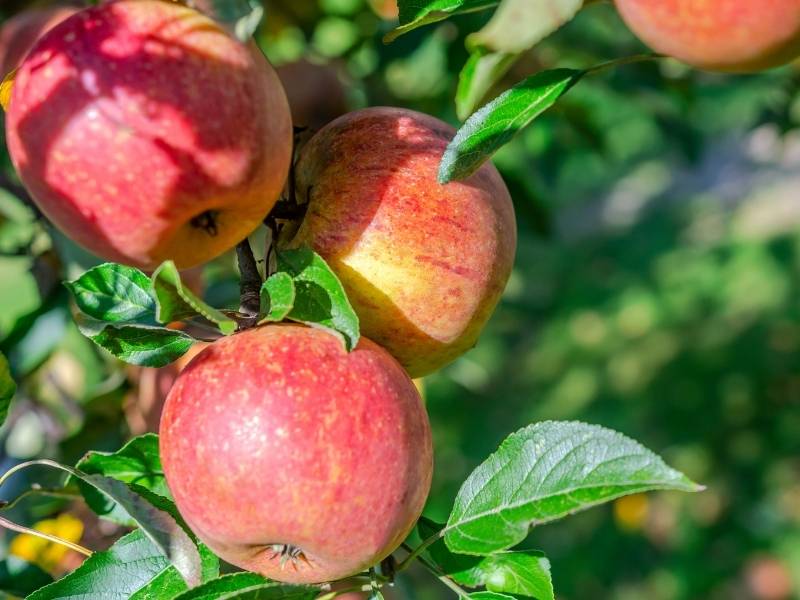
The simple fact is that if we want more British orchards, we need to buy more British apples. Sadly, most of our dessert apples now come from abroad, and often cider is made from imported apple concentrate. Fortunately, we have seen a revival in traditional ciders made from local apples over the last 25 years, but this hasn’t been reflected in a re-emergence of traditional orchards. Instead, the apples are grown in modern orchards, with densely planted lines
of short-lived dwarf trees, often little more than 10 feet tall with narrow canopies, which means machines can be used to fertilize, spray, pick and prune them. They are still good nectar sources, but gone are the homes for the myriad of creatures you find in and around large mature apple trees.
Some trusts and landowners are bucking this trend by creating, reinstating, and regenerating traditional orchards, which often have trees over 80 years old and include many rare varieties - Britain is home to over 2500 different varieties of apple, and in Devon you can find 45 of the most threatened varieties such as Twenty Pip and Johnny Voun. If we’re to safeguard more than a few fragments of these traditional orchards, we need to be much more proactive in supporting them. Just as Farm Wilder only sources meat from farms with exceptional wildlife, we need more cider producers to commit to only sourcing apples from traditional orchards. One Cotswold cider maker, Bushel+Peck, is doing precisely that, and their website is a mine of information about the orchards they are restoring and the wildlife they protect; so, you can enjoy their fine cider knowing you’re helping preserve incredible biodiverse orchards. Put your order in now!
Leg of Lamb & Apple Recipe
Apples have long been associated with pork and puddings, but we love to combine the sweet fruit flavors of apple with the deep earthy flavours in our pasture fed lamb.
You will need:
- 300g shallots
- 2kg whole lamb leg
- 500ml Scrumpy Cider
- 100ml cider vinegar
- 3 fresh thyme sprigs
- 5 garlic cloves, halved
Method
Preheat the oven to 170°C, gas mark 3. Place the shallots in a heatproof bowl and cover with boiling water. Set aside for about 5 minutes until the skins soften, then drain.
Place the lamb in a large casserole dish or small roasting tin and add the cider, vinegar, thyme and garlic. Peel the shallots, trimming off the ends but keeping them whole. Add to the pot, season and cover with a lid or foil. Cook for about 4-4½ hours or until the meat is thoroughly cooked and very tender.
Carefully lift the lamb onto a carving board, cover and rest in a warm place for 5-10 minutes. Strain the liquid then return to the pan and reduce for 5-6 minutes. Carve the lamb and serve with the shallots and gravy.
Why buy Farm Wilder produce?
Creating a way for you to purchase our extraordinary meat is a small but vital step forwards - it means you can directly support farmers that are working to deliver the change we need. That’s why we’ve partnered with Andy Gray, of Elston Farm and MC Kelly butchers, allowing us to use his master butchers and online sales platform to deliver our meat right to your door.



